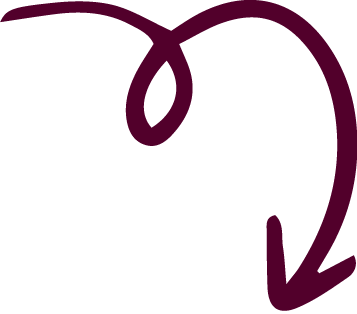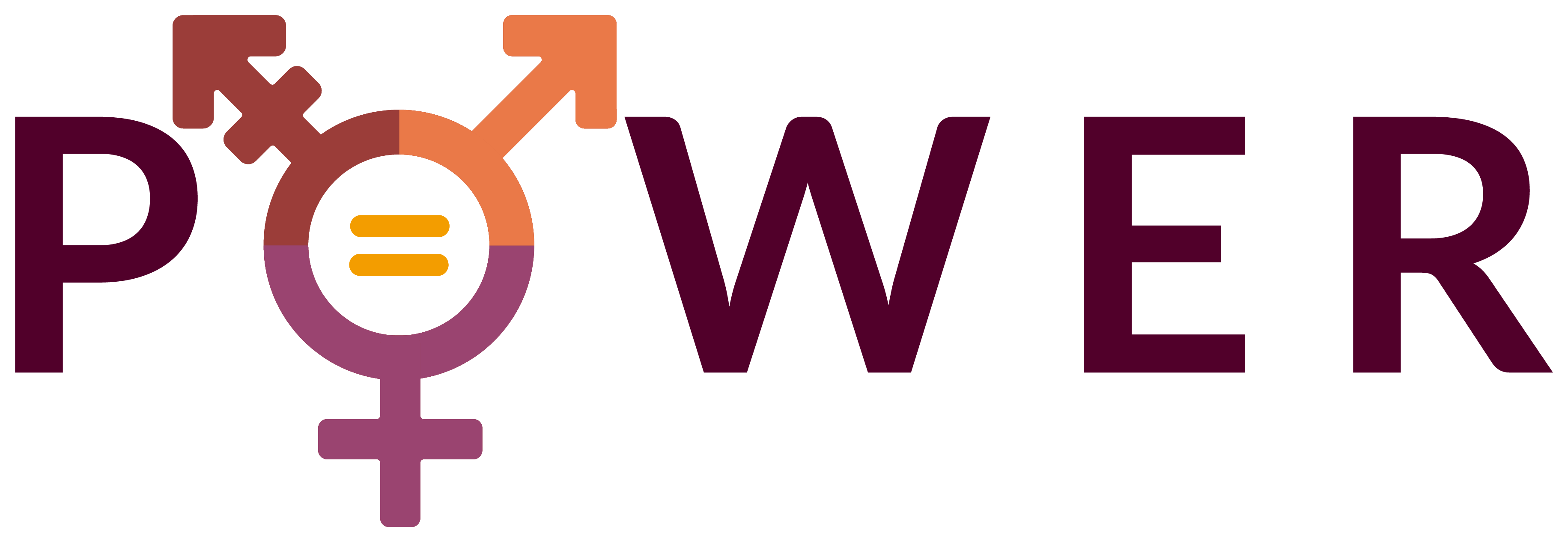The project
Power is an Erasmus+ KA2 - Strategic Partnerships project, funded by the French National Agency. Over the next 4 years, 5 partner organization from Spain, Italy, France and Slovenia, will work on raising awareness about how gender is connected to power.
Duration
01.12.2020 –30.04.2023
Project coordinator
DADAU (de l'art et d'autre)
Project partners
City of Women, Elan interculturel, MOH, Universidad complutense de Madrid
Let's discover the project together!

About the project
Power is a fundamental concept in social science in the same sense in which Energy is the fundamental concept in physics (Russell). In all societies, power is distributed unequally between people: they have different influence over decisions, different rights and duties (Eriksen). Gender is one of the dimensions that seems to organise this inequality of power distribution, with women tending to have lower rank and less power than men, across different times and places. Though in many European countries there was a perception that these differences have been overcome, the explosion of the #MeToo movement showed even in Europe, the subject is not quite settled. What’s more, previously muted gender minorities have highlighted new forms of exclusions and discrimination.
The aim
Project POWER is about offering young people creative and appealing ways to understand the concepts related to gender, raise awareness about how gender is connected to power: how people today still suffer discrimination and oppression because of their gender identity, develop understanding, empathy and solidarity towards others with different types of gender identities and sexual orientations to step up against oppressions that they suffer.
Through the threefold art-based, non-formal, participatory methods together we will develop tools to communicate about gender related inequalities and challenges and offer youth workers and youth leaders comprehensive tools to address the issues of gender and power with young people in safe and appealing ways.
Objectives
- Offer young people creative and appealing ways to understand the concepts related to gender
- Raise awareness about how gender is connected to power: how people today still live discrimination and oppression because of their gender identity
- Empower young people to develop their gender identity in safe and creative ways, to face challenges, oppressions related to their gender identity
- Develop understanding, empathy and solidarity towards others with different types of gender identities and sexual orientations to step up against oppressions that others suffer. Gain tools to communicate about gender related inequalities and challenges
- Offer youth workers and youth leaders comprehensive tools to address issues of gender and power with young people in safe and appealing ways
Methods
We use a threefold art-based, non-formal, participatory method. Artworks are polyvalent and equivocal, allow for multiple meanings and approaches to emerge, and thus can help to visualize messages and tackle problems with detachment. The participatory approach emphasises experience and active participation of young people in order to imprint new knowledge and to model everyday life situations. Non-formal methods help to increase autonomy and empowerment of the participants where they take part actively in the process of seeking alternative solution for gender related conflicts and discrimination.
Activities and results
- Using artworks to explore and define key concepts related to gender and power, build creative forms to learn this vocabulary and get acquainted with basic phenomena.
- Designing thematic itineraries in museums where engaging with artworks triggers debates and offers resources for empowerment by opening historical and cultural perspective through ages
- Producing audio guides where young women from various backgrounds and sexual orientations interpret artworks to uncover cultural diversity through Europe in the representation and interpretation of gender/power questions
- Initiation to a creative self-reflecting method where making art becomes a process for gender empowerment: in a series of 35h co-construction workshops young people will have the opportunity to reflect on how gender affects their life, and to transform their observations according to their desires and imagination.
- Invention of an innovative debates where artists/curators/collectors use an artwork to discuss the current professional power dynamics and the connection with gender within the art world.
- Preparing art-campaigns co-developed by youth and artists on the main topics of the project. Delivering a toolkit to build a replicable model for art-campaign making, embedded in specific pedagogical objectives.
- Packaging all the pedagogical materials developed during the project in a 15-hour training course and an appealing “Playbook” for youth workers/leaders, art educators, museum facilitators
